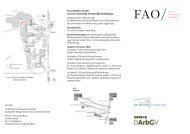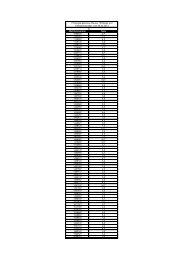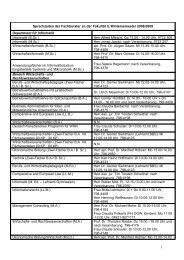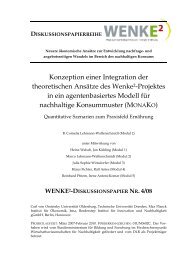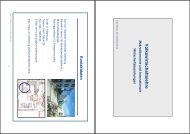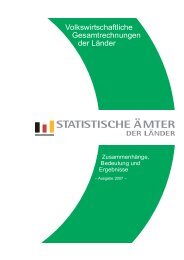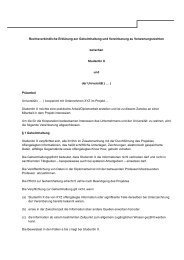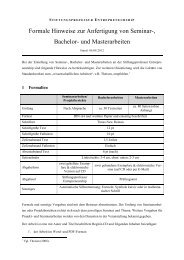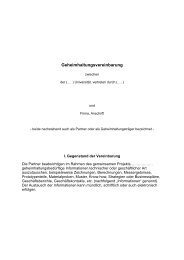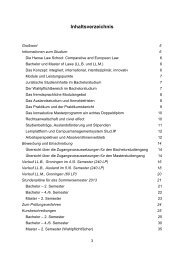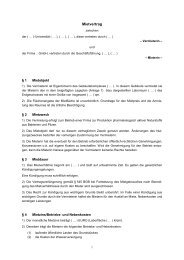Pro-Environmental Behavior and Rational Consumer Choice
Pro-Environmental Behavior and Rational Consumer Choice
Pro-Environmental Behavior and Rational Consumer Choice
You also want an ePaper? Increase the reach of your titles
YUMPU automatically turns print PDFs into web optimized ePapers that Google loves.
<strong>Pro</strong>-<strong>Environmental</strong> <strong>Behavior</strong> <strong>and</strong> <strong>Rational</strong> <strong>Consumer</strong> <strong>Choice</strong> 20<br />
We thus find that pro-environment behaviors are associated with greater subjective wellbeing,<br />
even when we control for differences concerning attitudes towards the environment.<br />
The coefficients are of sizeable magnitude. Using the coefficient of (un)employment as a<br />
benchmark, the coefficients of the pro-environment behaviors amount to about one fourth.<br />
The coefficient is largest in the case of consuming green products <strong>and</strong> smallest in the case<br />
of water conservation.<br />
Against the background of our theoretical framework, significant positive coefficients<br />
suggest that pro-environment consumption is less than individually rational. This applies<br />
particularly with respect to green products <strong>and</strong> less so with respect to recycling <strong>and</strong> water<br />
conservation. The latter finding is consistent with the idea that intrinsic motives may be<br />
more important in the case of buying green products than with respect to recycling <strong>and</strong><br />
water conservation, as financial considerations may play a role in these latter cases.<br />
4.3 Distorted <strong>Choice</strong> <strong>and</strong> Materialistic Values<br />
One of the propositions discussed in section 2 states that more materialistically oriented<br />
individuals may be subject to greater choice distortions <strong>and</strong> utility losses than less<br />
materialistically oriented persons. We check this proposition by means of the following<br />
attitude question from the World Value Surveys:<br />
“People sometimes talk about what the aims of this country should be for the next ten<br />
years. On this card are listed some of the goals which different people would give top<br />
priority. Would you please say which one of these you, yourself, consider the most<br />
important? First choice:<br />
• A high level of economic growth<br />
• Strong defence forces<br />
• People have more say about how things are done<br />
• Trying to make our cities <strong>and</strong> countryside more beautiful”<br />
We call this item Materialism <strong>and</strong> code it as follows: Materialism = 1 if “A high level of<br />
economic growth” is the respondent’s first choice <strong>and</strong> Materialism = 0 if it is not the first<br />
choice.<br />
We include Materialism in the life satisfaction equation both as a separate explanatory<br />
variable <strong>and</strong> as an interaction term with our pro-environment behaviors. In doing so, we<br />
continue to include the attitude variables from Table 2. The results are displayed in Table<br />
3.



